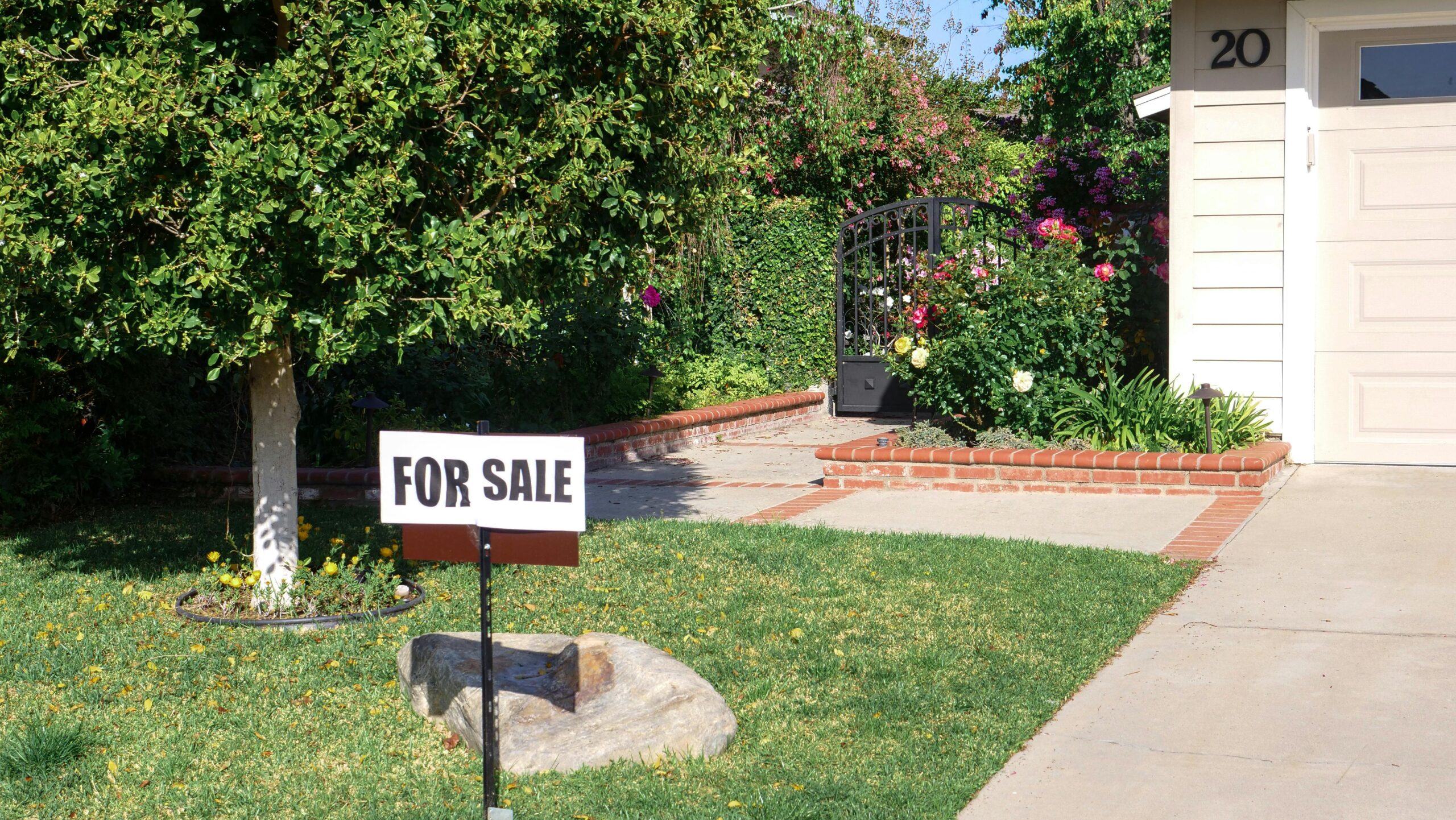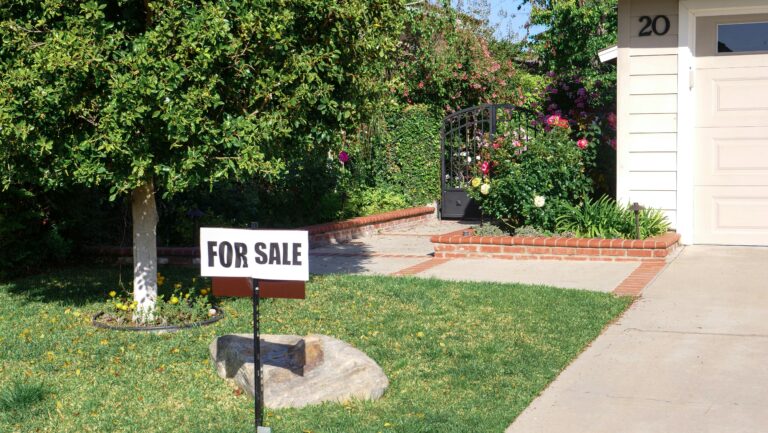
The journey to homeownership is thrilling but often comes with unexpected expenses. For both first-time homebuyers and seasoned investors, understanding closing costs is crucial to avoid surprises and manage finances effectively. In the U.S. real estate market, these costs vary widely based on location, property value, and lender requirements. Knowing how to navigate this part of the transaction can save you time, money, and stress.
In this guide, we’ll break down what closing costs are, provide a detailed overview of typical expenses, and offer practical tips to manage and reduce these costs. Whether you’re a first-time buyer or a long-time investor, this comprehensive insight will help you approach the process with confidence.
What Are Closing Costs?
Closing costs are the fees and expenses required to finalize a real estate transaction. These costs cover various services, such as appraisals, legal work, and loan processing, ensuring the transfer of property ownership is legally and financially secure.
On average, closing costs in the U.S. range from 2% to 5% of the home’s purchase price. For instance, if you’re buying a $300,000 home, you might pay between $6,000 and $15,000 in closing costs. Understanding these costs allows you to budget effectively and avoid last-minute financial strain.
A Breakdown of Typical Closing Costs
1. Loan Origination Fees
Loan origination fees are charged by the lender for processing your loan. These typically range from 0.5% to 1% of the loan amount and cover services like underwriting, document preparation, and administrative tasks.
2. Appraisal and Inspection Fees
Before approving your mortgage, lenders require an appraisal to confirm the property’s value. A home inspection, while optional, is highly recommended to uncover potential issues like structural damage or faulty systems. Together, these can cost anywhere from $400 to $1,000, depending on your location and the property type.
3. Title Insurance and Search Fees
Title insurance protects both you and your lender from potential ownership disputes or claims against the property. A title search verifies that there are no outstanding liens or encumbrances. Fees for title insurance and searches usually range between $500 and $1,500.
4. Prepaid Expenses
Prepaid expenses include homeowner’s insurance, property taxes, and mortgage interest for the first few months of ownership. Lenders often require these payments upfront to establish an escrow account. These costs can add up quickly, especially in areas with high property taxes.
5. Government Fees
Government fees include charges for recording the deed and transferring ownership. These vary by state but generally fall between $50 and $1,000. Be sure to research your local regulations for a more accurate estimate.
How Closing Costs Differ for First-Time Buyers and Investors
First-Time Homebuyers
For first-time buyers, closing costs can feel overwhelming. However, assistance programs or grants offered by some states and lenders can help reduce these expenses. Additionally, negotiating with the seller to cover part of the closing costs—referred to as “seller concessions”—is another strategy to alleviate the financial burden.
Long-Time Investors
Seasoned investors are typically more familiar with closing costs. However, they might face additional expenses such as loan points (paid upfront to lower interest rates) or specialized inspections for investment properties. Investors should also account for related costs like property management fees or renovations, which aren’t included in standard closing costs but impact overall financial planning.
Hidden Costs to Watch Out For
Some closing costs might not be immediately apparent but can significantly impact your budget:
- HOA Fees: If the property is part of a homeowner’s association, you may need to pay prorated fees at closing.
- Utility Adjustments: Sellers may require reimbursement for prepaid utilities.
- Miscellaneous Administrative Fees: Always review your loan estimate and closing disclosure to spot and question vague or unnecessary charges.
Tips to Manage and Reduce Closing Costs
1. Shop Around for Lenders
Different lenders have varying fees, so it’s wise to compare multiple options. Request a Loan Estimate from each lender, which provides a detailed breakdown of closing costs. This comparison can help you choose the most affordable and transparent provider.
2. Negotiate with the Seller
In a buyer’s market, you may have leverage to negotiate seller concessions, where the seller agrees to cover part of the closing costs. This tactic can make a significant difference in reducing your out-of-pocket expenses.
3. Review the Closing Disclosure Carefully
Three days before closing, you’ll receive a Closing Disclosure that outlines the final terms of your loan and all associated costs. Review it meticulously to ensure there are no discrepancies or unexpected fees compared to the initial Loan Estimate.
4. Consider No-Closing-Cost Loans
Some lenders offer loans with no upfront closing costs in exchange for a slightly higher interest rate. While this reduces your immediate financial burden, carefully evaluate the long-term impact on your monthly payments and overall loan cost.
5. Leverage Assistance Programs
Research local and national programs designed to help first-time homebuyers with closing costs. Many states offer grants, forgivable loans, or tax credits that can significantly reduce your expenses.
How Real Estate Markets Impact Closing Costs
High-Cost Areas
In hot markets like California or New York, expect higher fees due to elevated property values and local taxes. Additional costs such as higher title insurance premiums and increased appraisal fees are also common in these regions.
Affordable Markets
Conversely, states like Texas or Florida may offer more affordable options. However, unique taxes, insurance requirements, or local regulations might still impact your overall costs.
Economic Conditions
Broader economic trends, such as rising interest rates or increased housing demand, can influence costs like loan origination fees or appraisal services. Staying informed about your local and national market conditions helps you better anticipate potential fluctuations.
Debunking Common Myths About Closing Costs
Myth #1: Closing Costs Are Non-Negotiable
Reality: While certain government and third-party fees are fixed, many costs—such as lender fees or title services—can be negotiated or reduced.
Myth #2: The Seller Always Pays Closing Costs
Reality: Buyers typically cover the majority of closing costs. However, through seller concessions, buyers and sellers can share the financial burden.
Myth #3: Closing Costs Only Apply to Buyers
Reality: Sellers also incur their own closing costs, including real estate agent commissions and transfer taxes.
Preparing for Closing Day
Closing day is the final step before officially becoming a homeowner. To ensure the process goes smoothly:
- Review Documents in Advance: Carefully review your Closing Disclosure and other documents ahead of time.
- Bring Required Items: Ensure you have a valid ID, proof of homeowner’s insurance, and certified funds for your closing costs.
- Communicate with Your Team: Stay in close contact with your real estate agent and lender to address any last-minute questions or issues.
By being proactive and organized, you can avoid delays and ensure a seamless transition into your new home.

Your Next Step Toward Homeownership
Closing costs are an unavoidable part of buying or investing in real estate, but they don’t have to be a roadblock. With the right preparation, knowledge, and strategies, you can navigate these expenses confidently and effectively.





